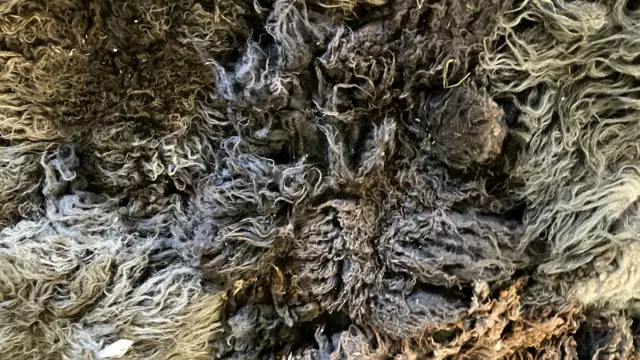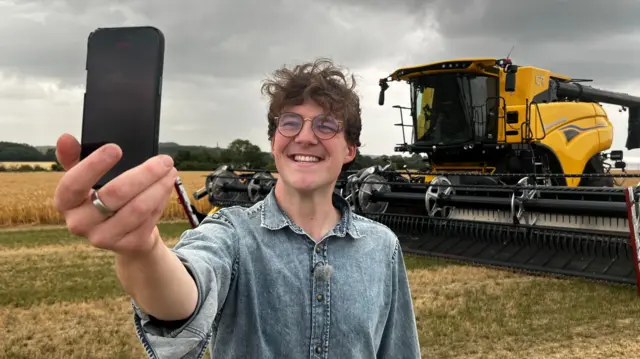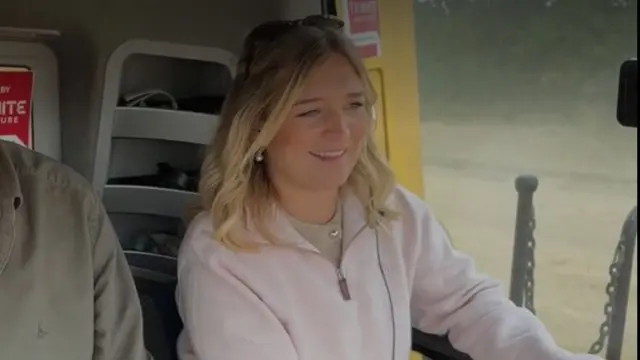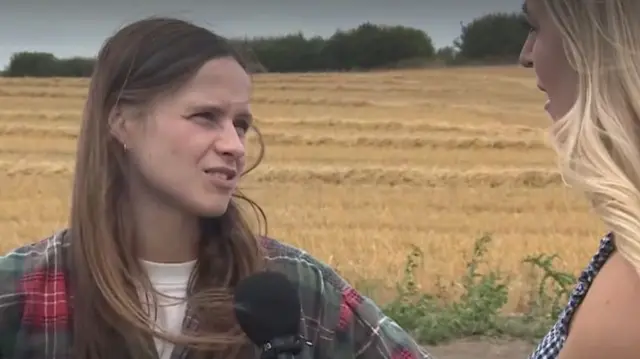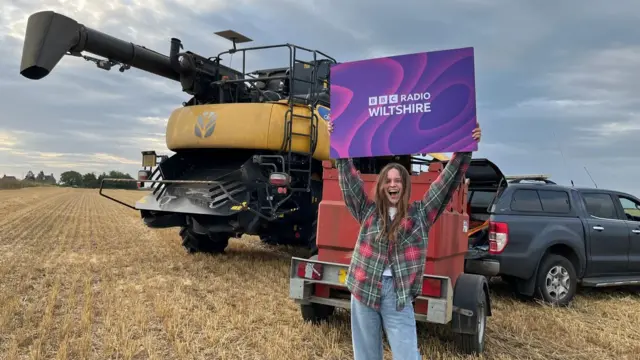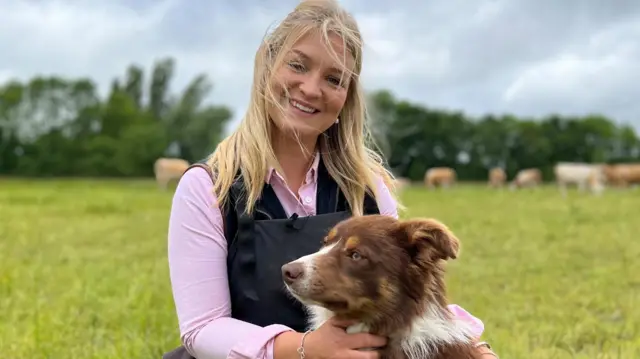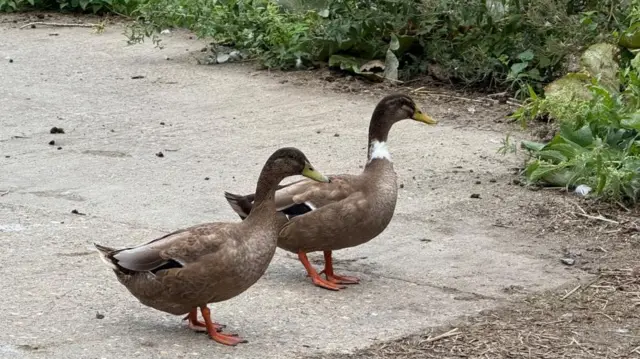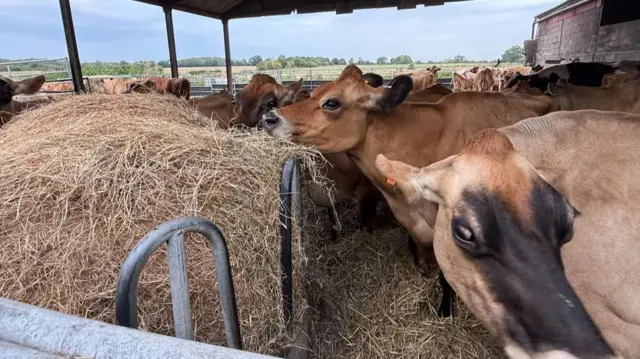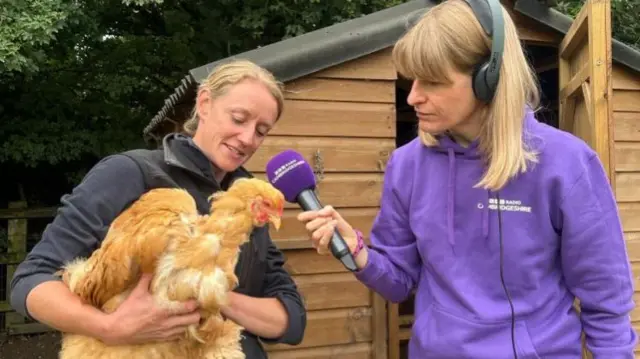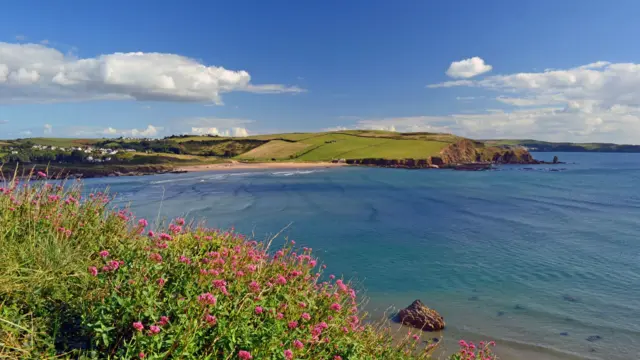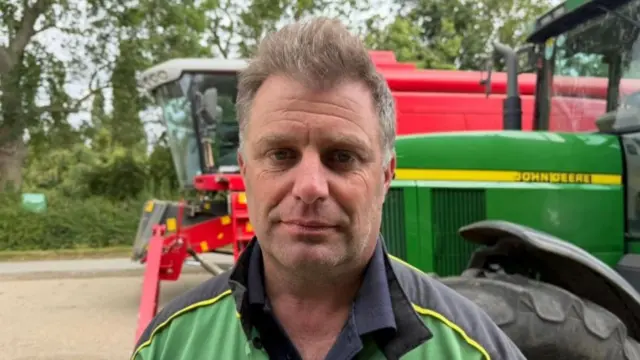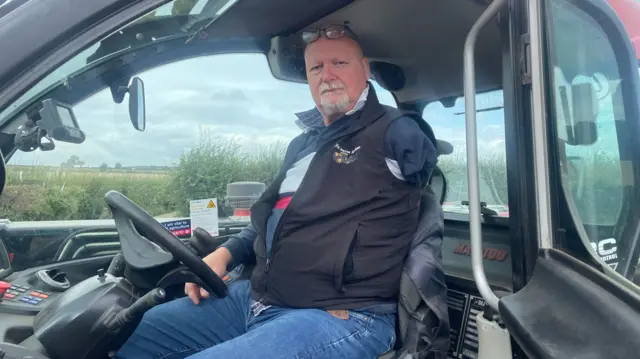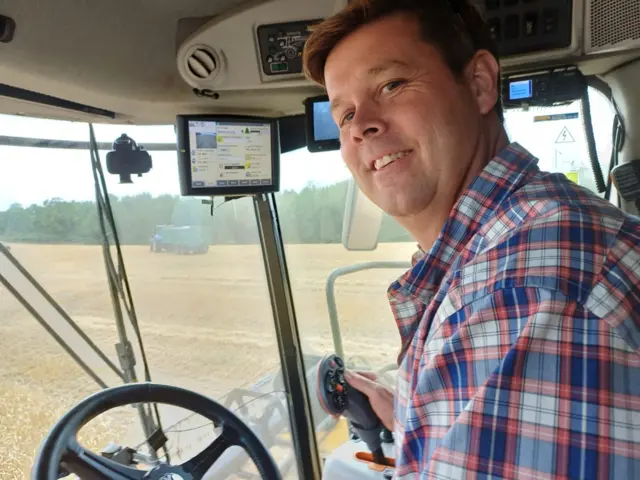Young people keen to enter dairy industrypublished at 13:44 BST 7 August
 Katie Fallon
Katie Fallon
Livestock specialist, Farmers Guardian
Even with the vast array of alternative milk products available on the market, the demand for traditional dairy products remains strong in the UK and beyond.
Perhaps it is down to a greater understanding of the nutritional value which cow’s milk offers or a greater demand for high quality, British produce.
Either way, figures from the Agricultural and Horticultural Development Board (AHDB) show that over the last year, consumer spend on cow’s dairy products increased by 4% year on year.
As a result, the dairy industry remains a progressive and innovative sector of British agriculture, with technologies such as robotic milking, precision feeding and data-driven herd management, allowing for greater efficiencies on-farm and a better work life balance for staff.
It is no wonder young people are still keen to enter the industry, but the rising cost of land, infrastructure, feed and fertiliser, coupled with the fluctuations in milk price and changes to government policy, mean that barriers to entry are still a stumbling block for young dairy farmers starting out.
However, initiatives such as share faming, contract farming agreements, apprenticeships and direct sales, are helping to provide opportunities for young farmers to break into the industry.
And for those ready to take on the challenge, embrace new technologies, and drive forward the future of farming, the UK dairy industry remains ripe with opportunity.
